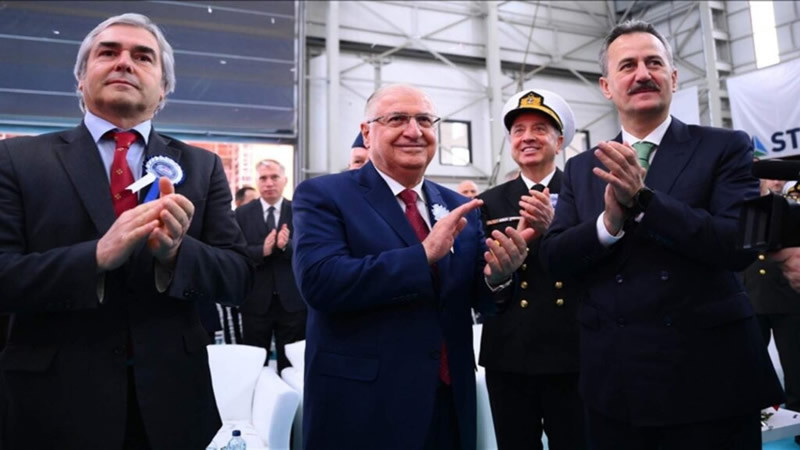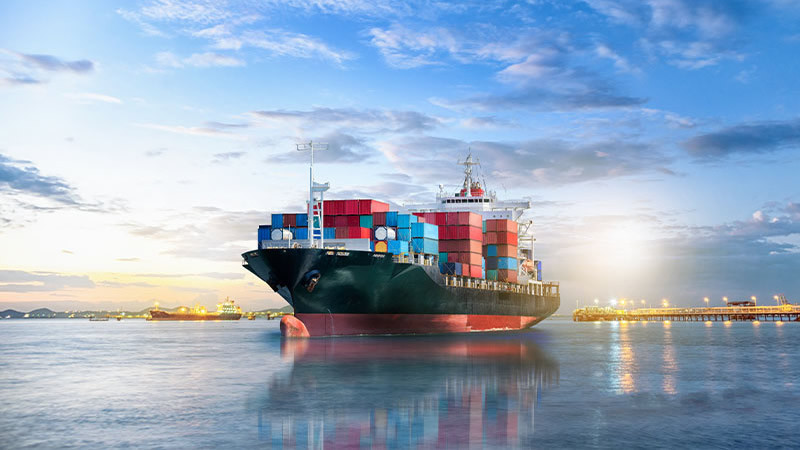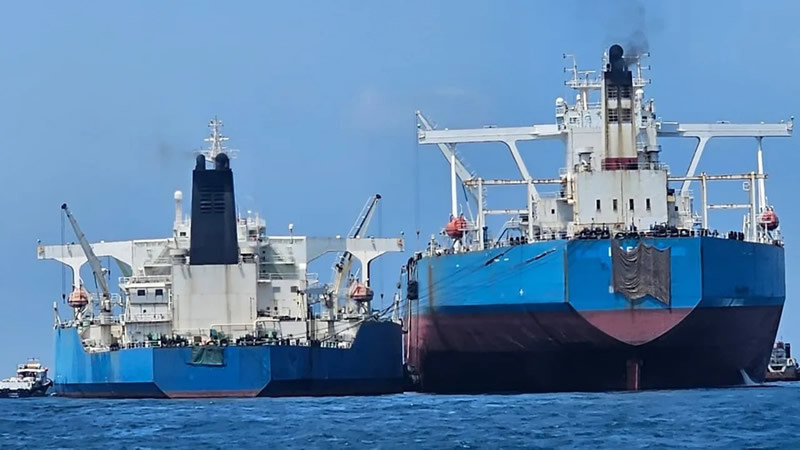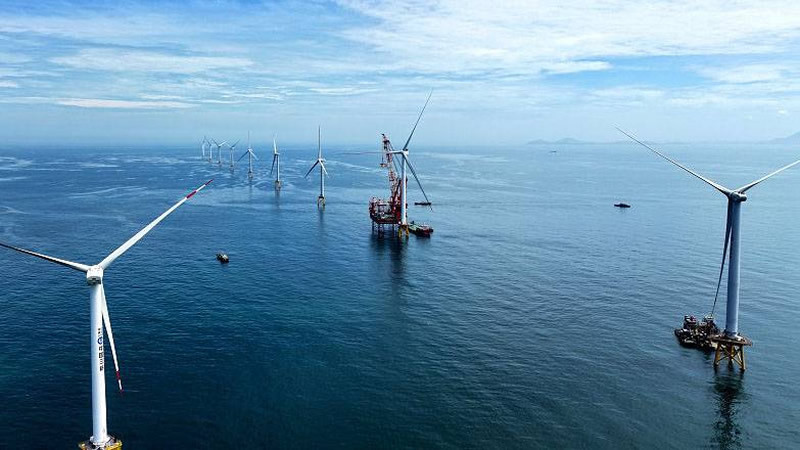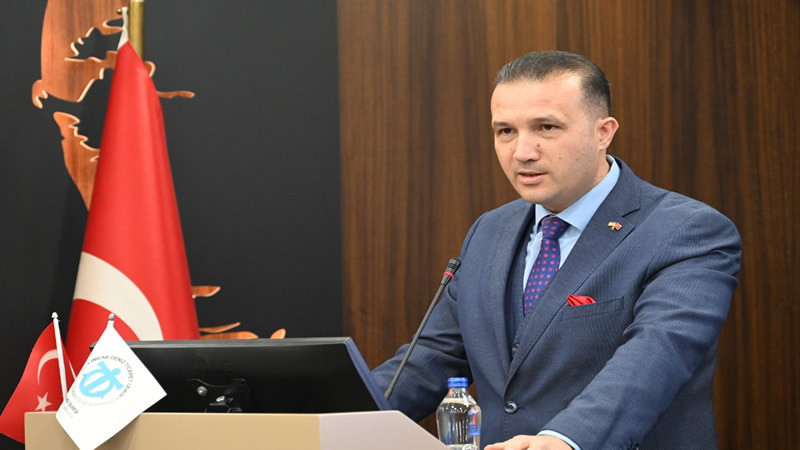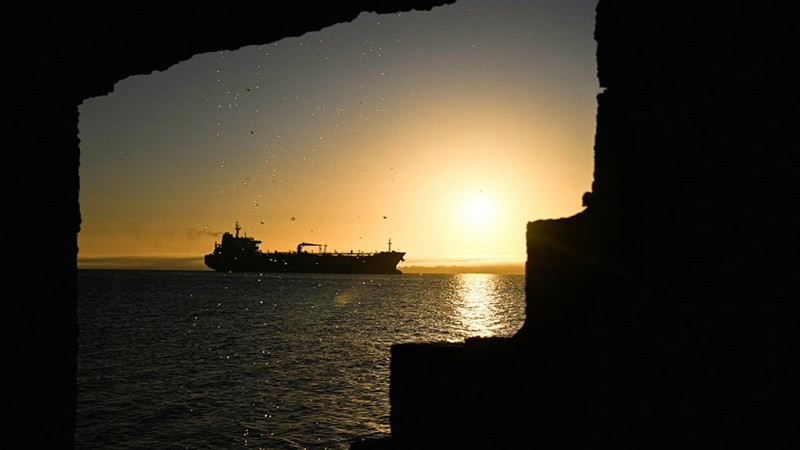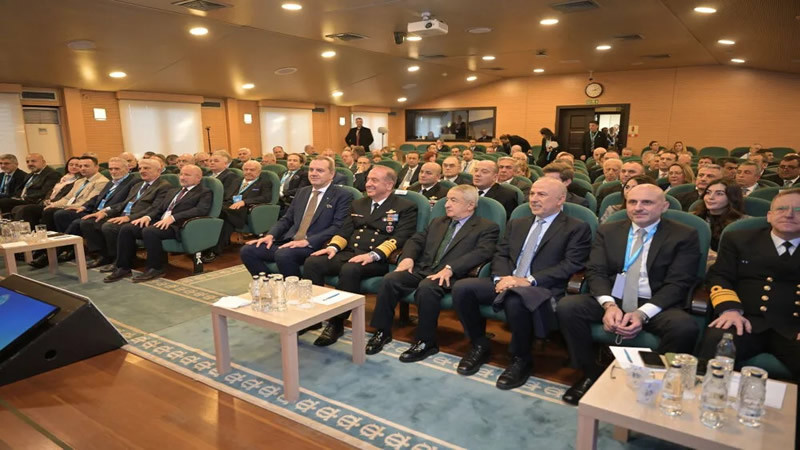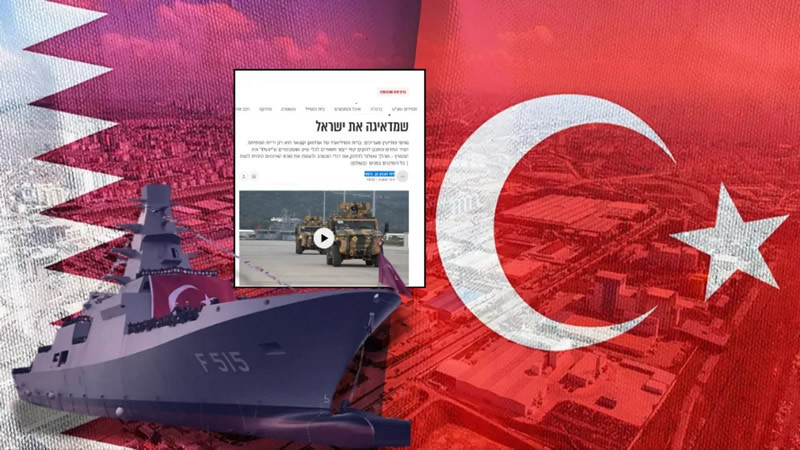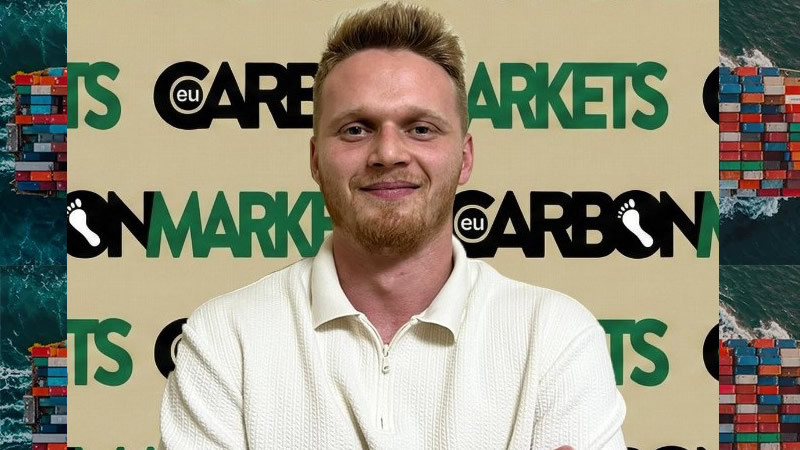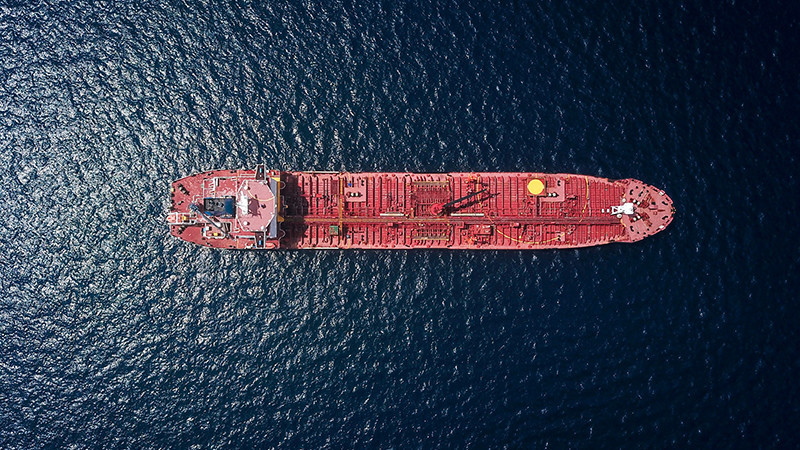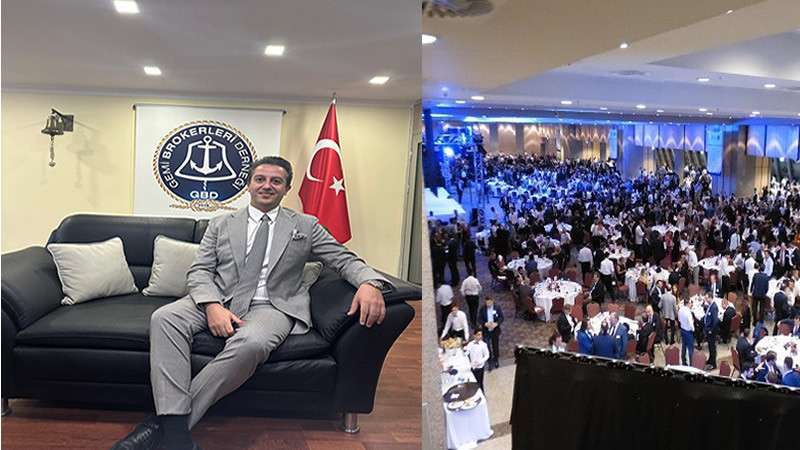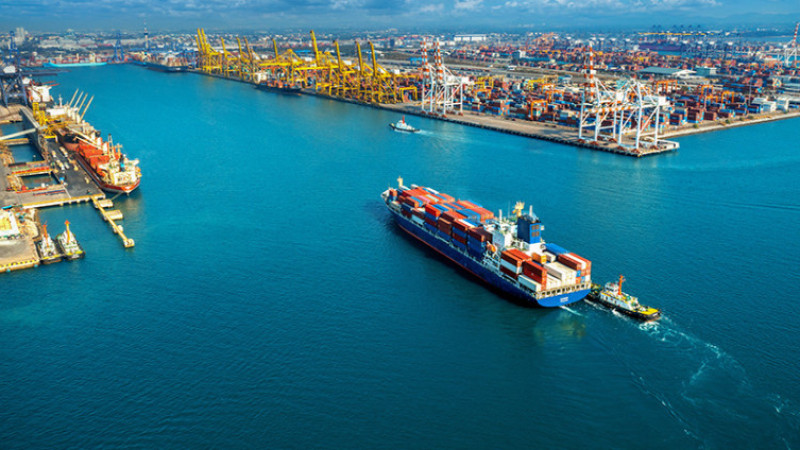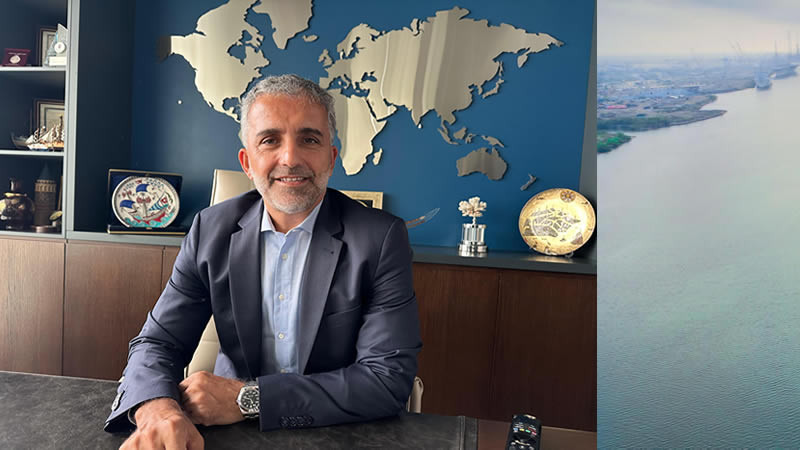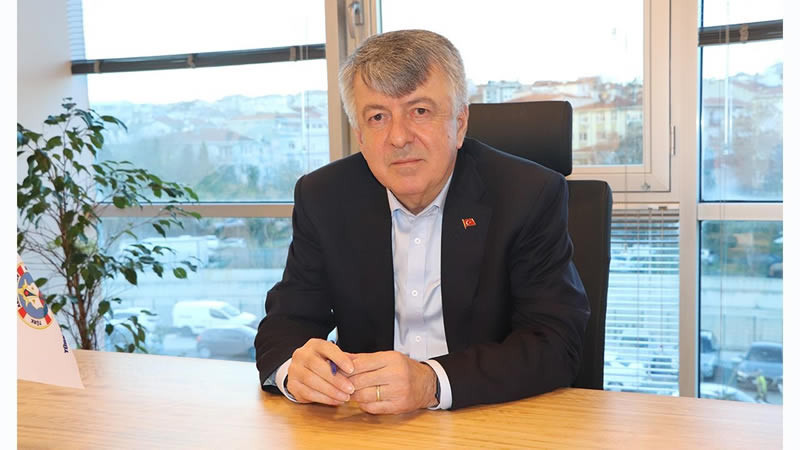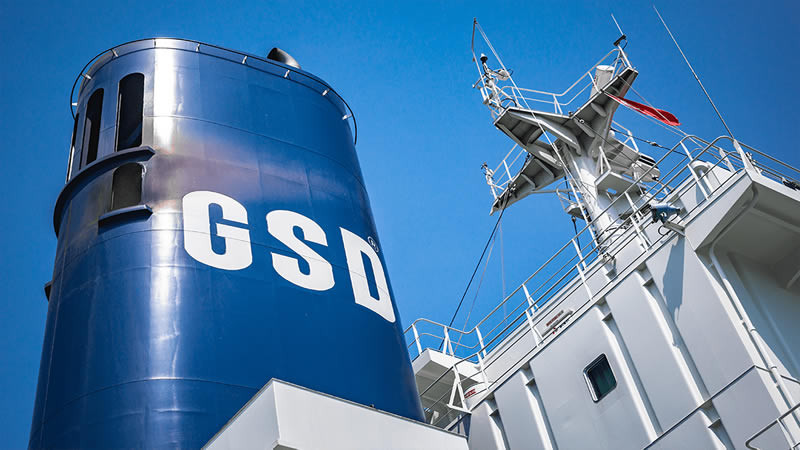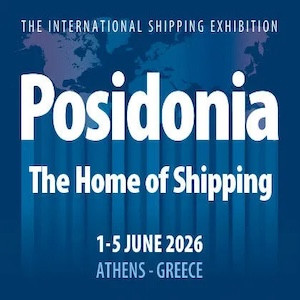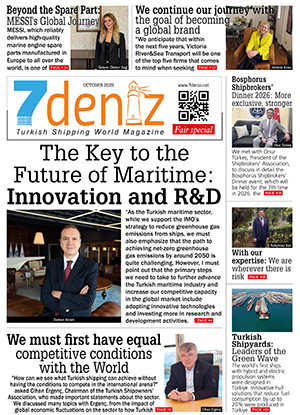We are accelerating production processes in shipyards through innovative approaches.
Çiğdem Arslan, General Manager of Nox&Sapi, highlights that by combining Nox’s expertise in painting with German Sapi’s over 50 years of experience in blasting, they have created a unique integrated model rarely seen in the industry.
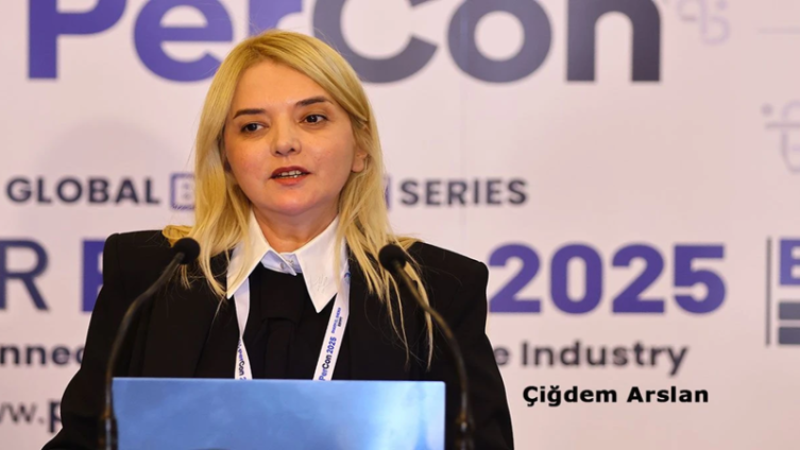
Çiğdem Arslan, General Manager of Nox&Sapi, explains that they are working to adapt systems widely used in American and European shipyards to Turkey. She emphasizes that their new facility investments have significantly accelerated processes: “Previously, sandblasting and painting a block took about three days. Our goal is to cut this down to one and a half days, which will speed up the entire shipyard production considerably.”
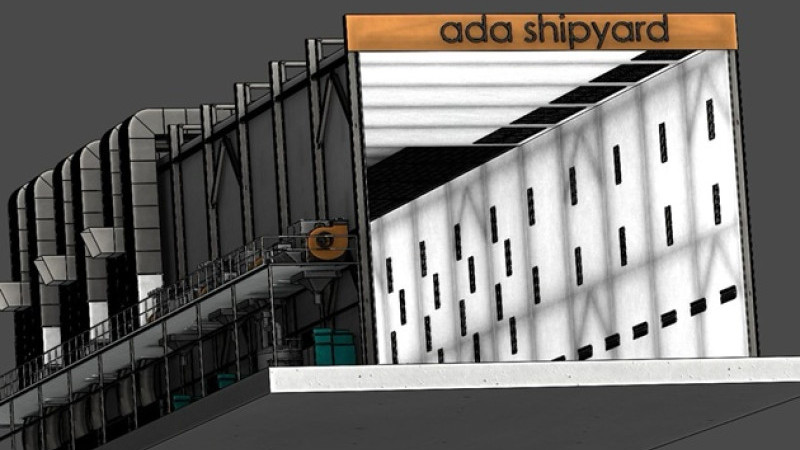
An Entrepreneurial Journey from Germany to Turkey
After a successful 15-year career, Arslan founded her own company in 2019. She recalls, “After starting my business, I became the distributor for German company Sapi to sell equipment not produced in Turkey. Within eight months, our success led to a partnership with Sapi. While continuing Sapi’s operations in Turkey with our German partner, my own company, Nox, which focuses on painting facilities, has also continued to grow.”
Strength Gained Through Partnership with Sapi
Arslan highlights the valuable contribution of Sapi’s expertise in sandblasting: “We integrated German standards into our facilities and achieved rapid progress. Nox remains focused on painting. By combining these two brands, we created an integrated structure offering expert services in both sandblasting and painting. This synergy has placed us in a unique position within the industry.”
Boosting Efficiency with Innovative Applications
“We operate with innovative solutions,” Arslan says. “Our hybrid structure, merging two specialized fields, gives us a unique competitive advantage. One of our new facilities is dedicated to chemical processes, while the other focuses solely on mechanical production. We have successfully adapted systems commonly used in American and European shipyards.”
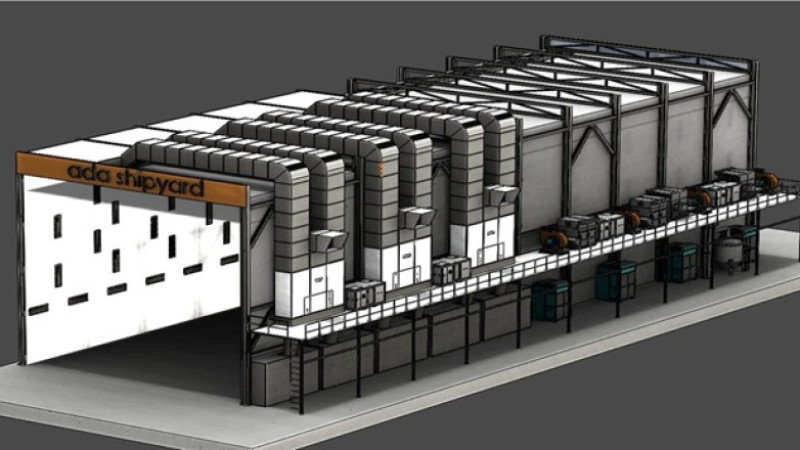
A First for Turkish Shipyards
Arslan points out one of the biggest challenges they face is the industry's attachment to traditional methods. “Basic engineering parameters like ventilation and airflow calculations are often neglected in Turkish shipyards, which directly impacts efficiency. In our project with Ada Shipyard, we designed a modern facility entirely our own, replacing traditional systems. Thanks to the innovative vision of the Ada Shipyard planning team and Chairman Adil Erkoç, we achieved a very successful implementation. This is the first facility of its kind in Turkish shipyards.”
She adds that this project is more than a commercial investment—it’s a transformative step for the sector: “We continue to work on facility installations in the Middle East, Europe, Asia, and America. Once the Ada Shipyard project is completed, it will open doors to many new collaborations. The system we showcased at Percon 2025, after simulating it in Egypt, will trigger significant change in the maritime industry.”
New Opportunities in the International Market
Arslan sees great potential especially in the Middle East market: “We run projects in Europe with our partner Sapi Germany, and through dealers in Spain, the UK, and the US. In the Middle East, we’re collaborating with a major holding company, expecting to secure important contracts this year. After completing a prestigious project with a 10-month delivery schedule, we have 2-3 more lined up. Concurrently, we’re strengthening our infrastructure internally with new systems and teams to boost our international operations.”
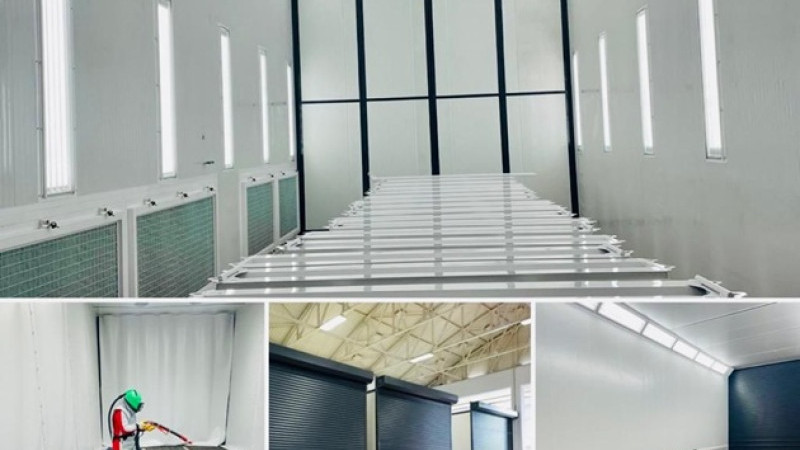
A Message on Women’s Empowerment
Addressing the growing role of women in the industry, Arslan says: “Women’s presence in Turkey’s workforce is still a topic that needs attention. We often have to apply positive discrimination, which itself highlights the problem. Yet, there are many successful women across sectors, especially in maritime. Women welders in shipyards, female officers on ships—these examples exist. However, there is still a long way to go.”
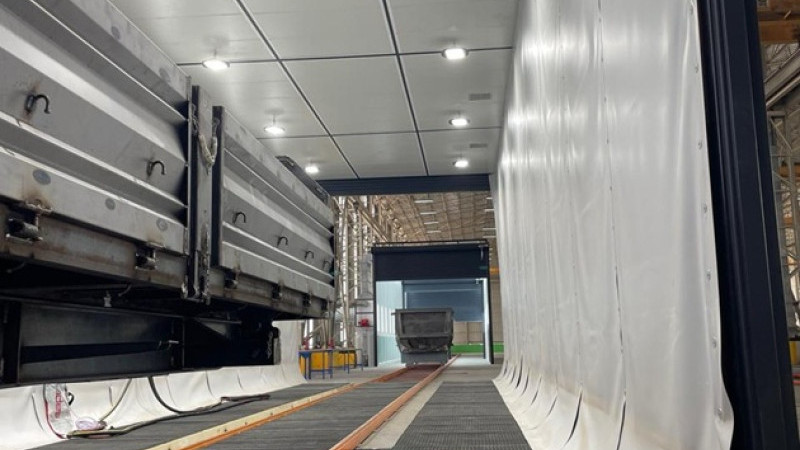
She stresses that solving women’s issues requires broader involvement: “It’s difficult to resolve these challenges by only addressing women. NGOs could be more effective if they invite male industry leaders to join discussions. Real change happens when these issues become part of their agenda. If a shipyard has 500 men working and just 10 women, it still makes a difference—because a skilled woman changes the perspectives around her.”
Source: 7DENİZ MAGAZINE


